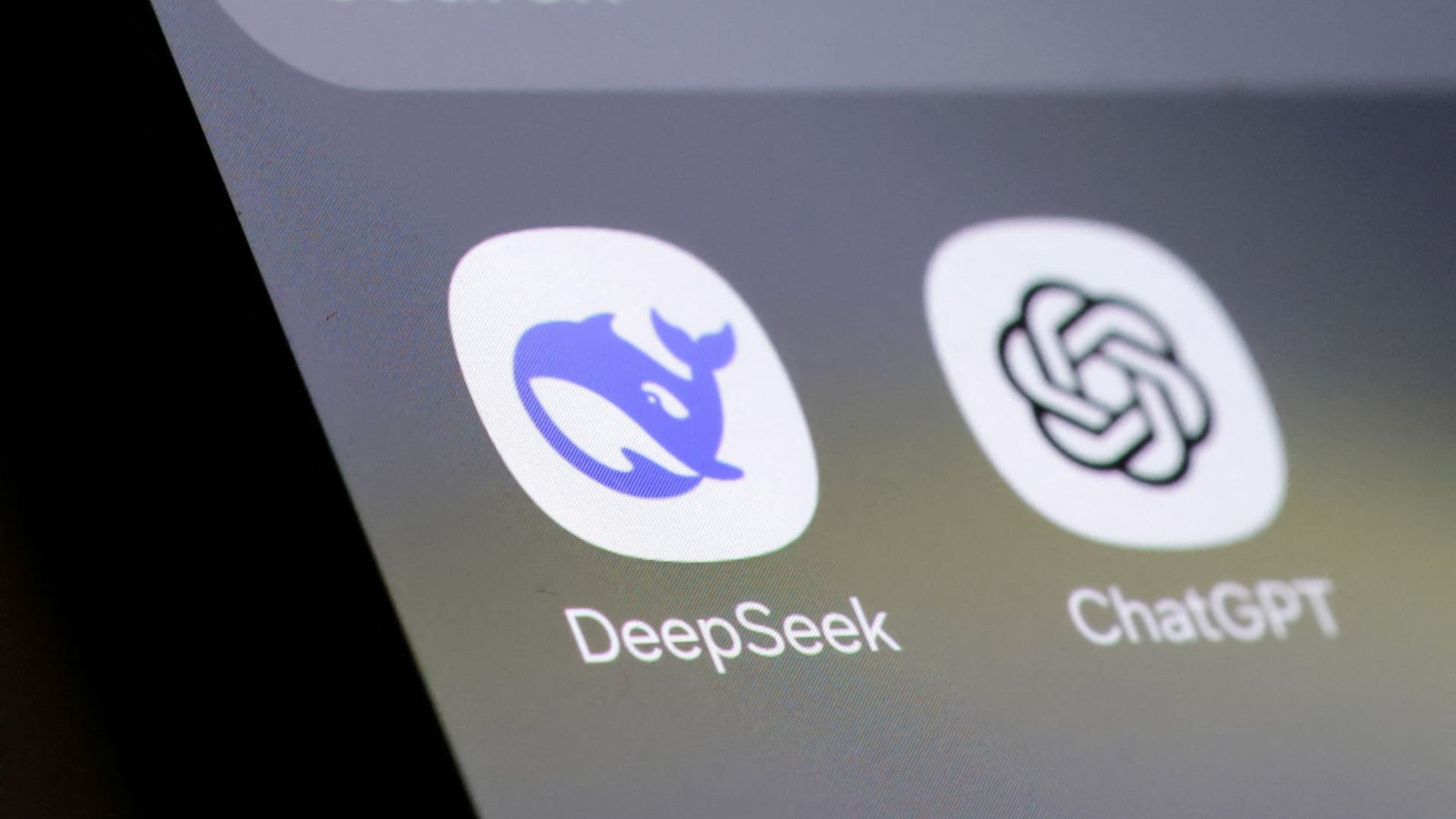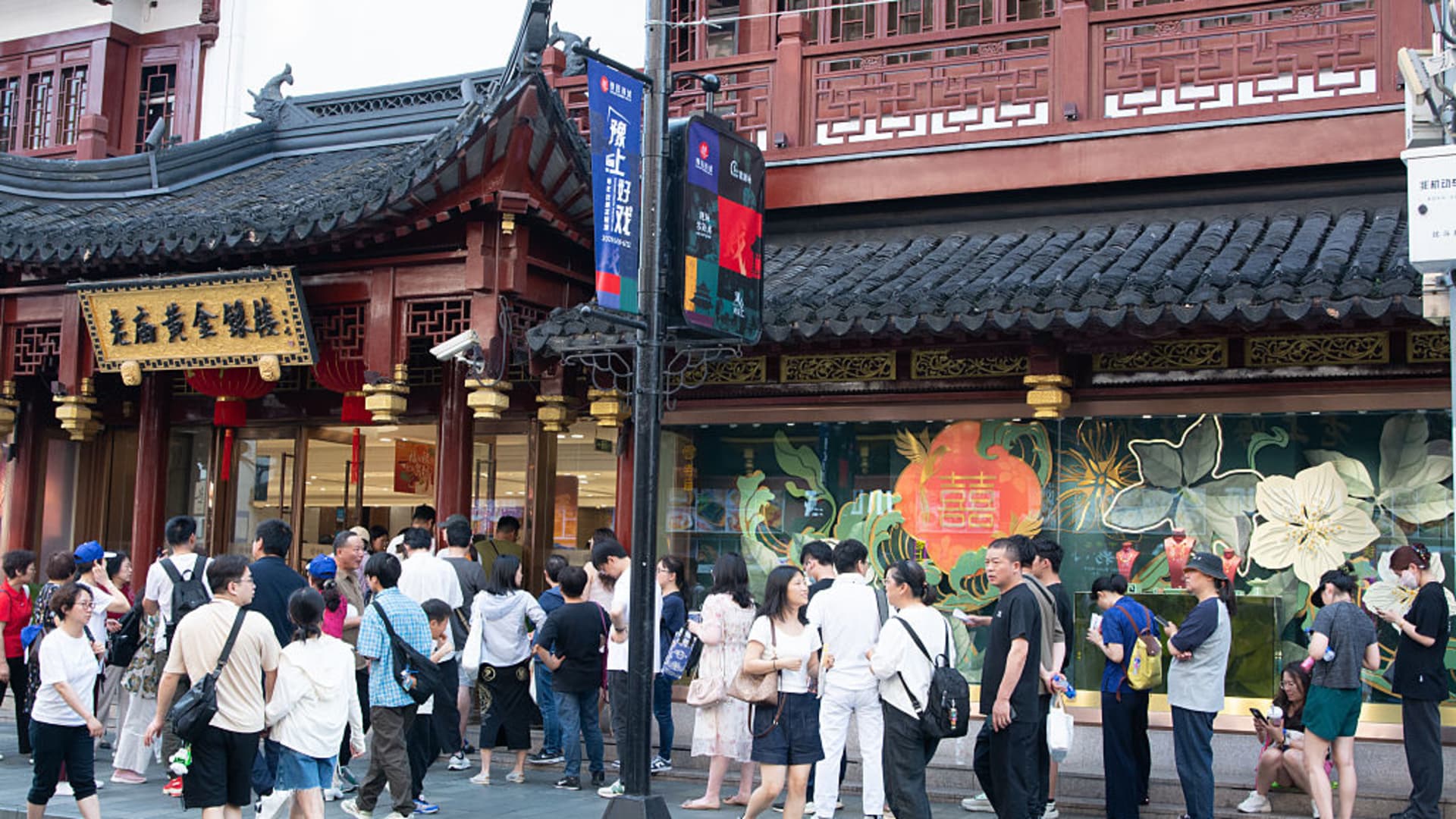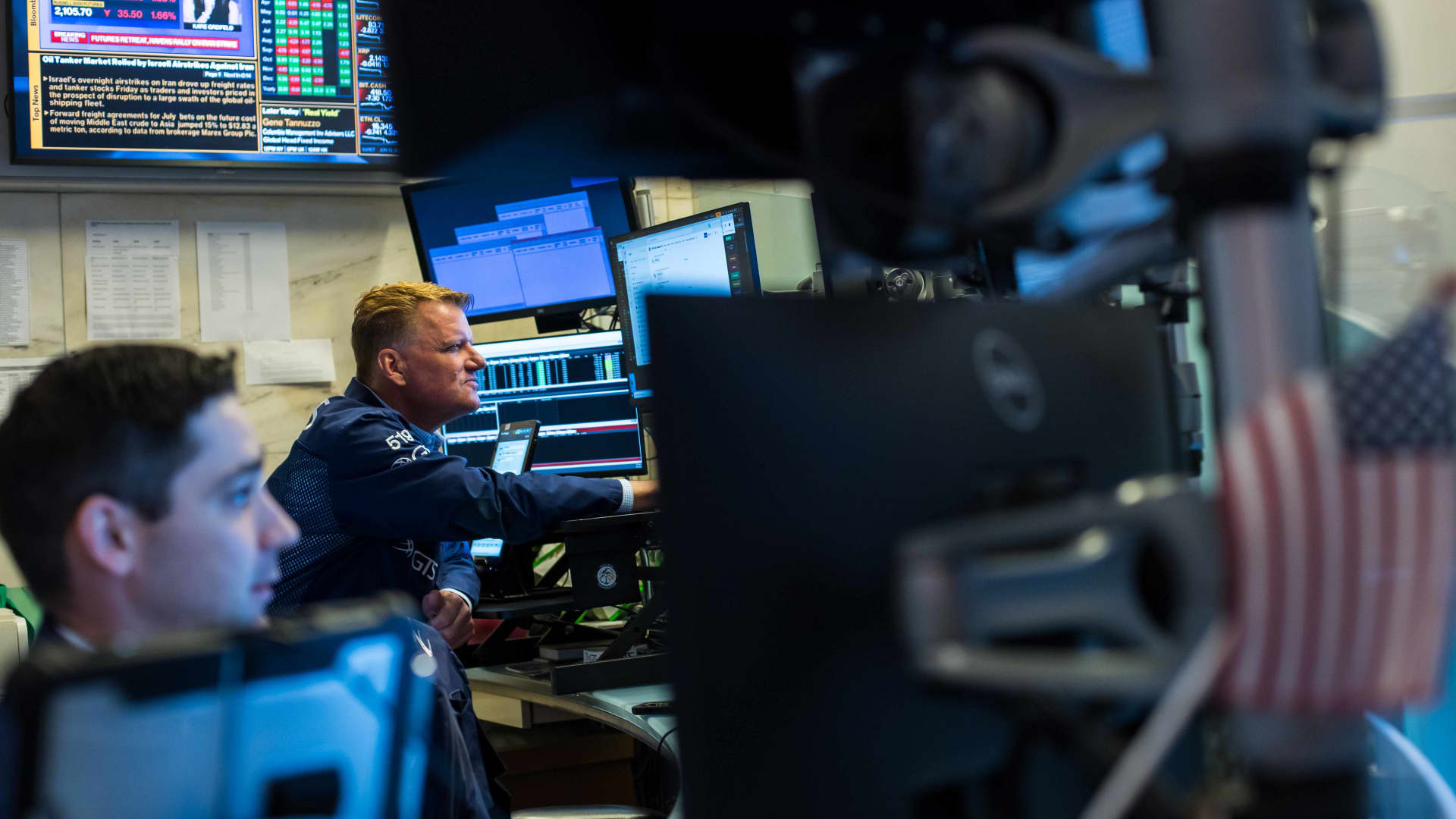China’s retail sales in May grew at their fastest rate since late 2023, data from National Bureau of Statistics showed Monday, in part helped by Labor Day and Dragon Boat holidays.
Retail sales last month jumped 6.4% from a year earlier, sharply beating analysts’ estimates for a 5% growth in a Reuters poll and rising from the 5.1% growth in the previous month.
Growth in industrial output slowed to 5.8% year on year in May from 6.1% in the prior month. The latest reading came in slightly weaker than analysts’ expectations for a 5.9% rise.
Fixed-asset investment, reported on a year-to-date basis, expanded 3.7% as of May from a year earlier, undershooting Reuters’ forecast for a 3.9% growth and slowing from a 4% growth in the first four months.
The urban survey-based unemployment rate in May came in at 5.0%, easing from 5.1% in April to the lowest level since November last year.
A tariff deal reached by Beijing and Washington in mid-May gave temporary relief to the country’s exports, prompting some businesses to frontload shipment while doubling down on alternative markets. Both sides struck a 90-day truce to roll back most of the triple-digit levies added on each other’s goods in early April.
Commerce Secretary Howard Lutnick told CNBC last week that U.S. tariffs on Chinese imports will stay at their current level of 55%.
China’s exports grew less than expected in May, though surging shipments to Southeast Asian nations, European Union countries and Africa helped offset the sharp decline in U.S.-bound goods. China’s exports to the U.S. plunged over 34% from a year ago, their sharpest drop since February 2020.
The past two months’ trade data indicated resilience in China’s exports, according to Goldman Sachs, as they highlighted “the difficulty for bilateral tariffs to meaningfully reduce total Chinese exports.”
Sluggish domestic demand stuck out as a more pressing issue for Chinese policymakers. Consumer prices have seen an year-on-year decline for four consecutive months, slumping 0.1% in May. Deflation in the factory-gate or producer prices has also deepened, falling 3.3% from a year ago.
However, Beijing may feel less urgency in rolling out additional easing steps as exports appear more resilient than expected and the GDP growth is on track to exceed 5% in the first half-year, Goldman said.
This is breaking news. Please check back later for updates.

 Economics1 week ago
Economics1 week ago
 Economics1 week ago
Economics1 week ago
 Economics1 week ago
Economics1 week ago
 Finance1 week ago
Finance1 week ago
 Economics1 week ago
Economics1 week ago
 Blog Post1 week ago
Blog Post1 week ago
 Personal Finance1 week ago
Personal Finance1 week ago
 Economics1 week ago
Economics1 week ago














